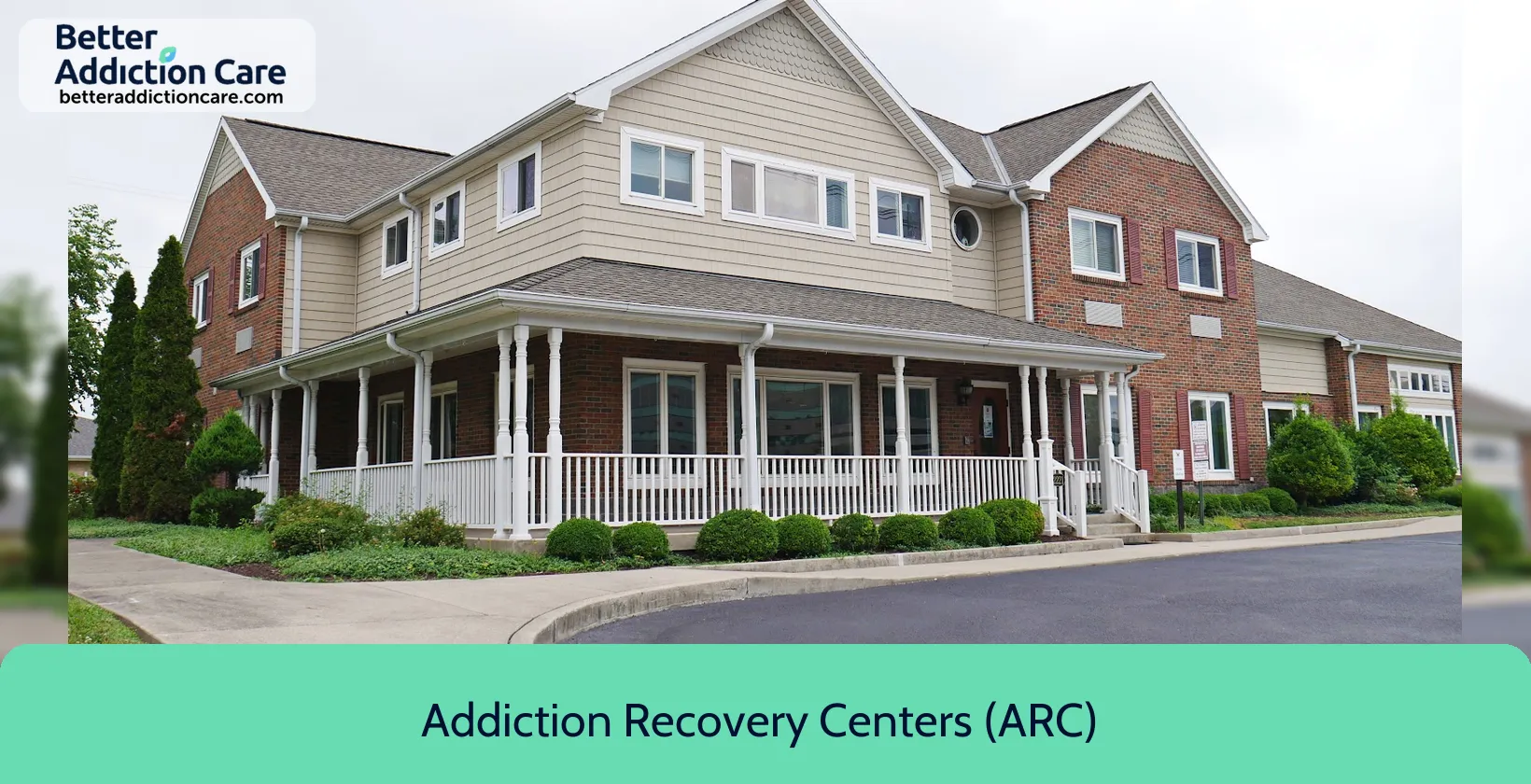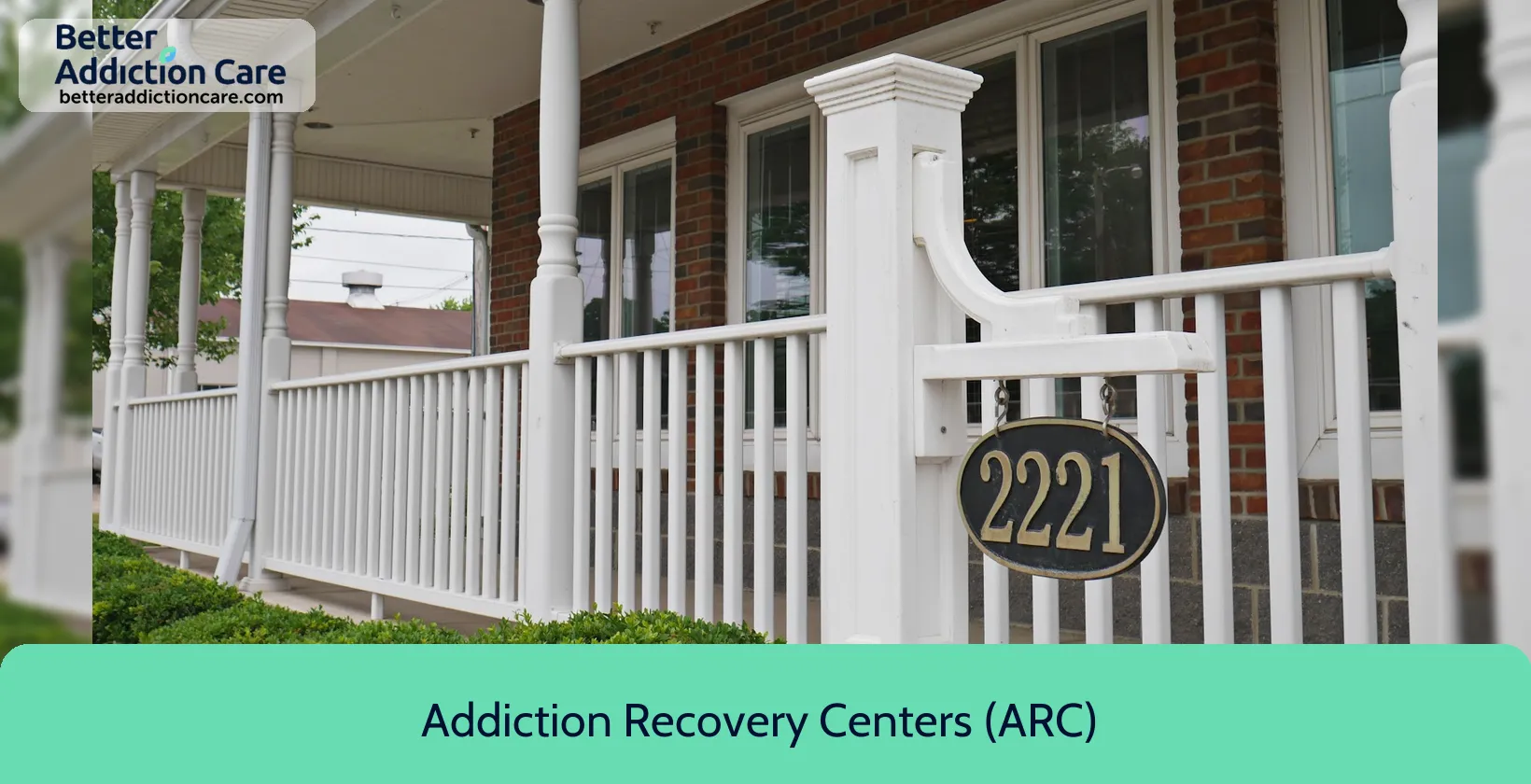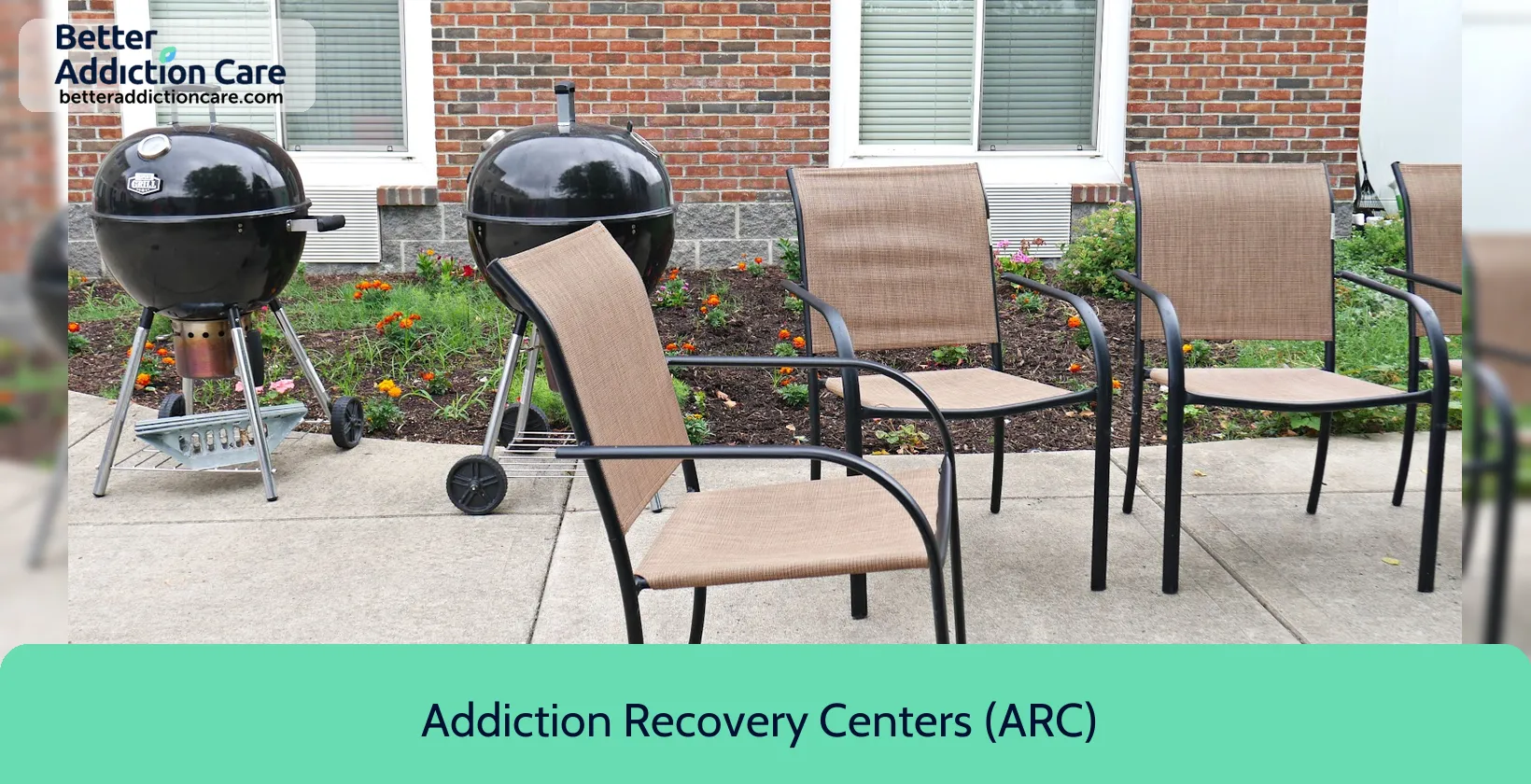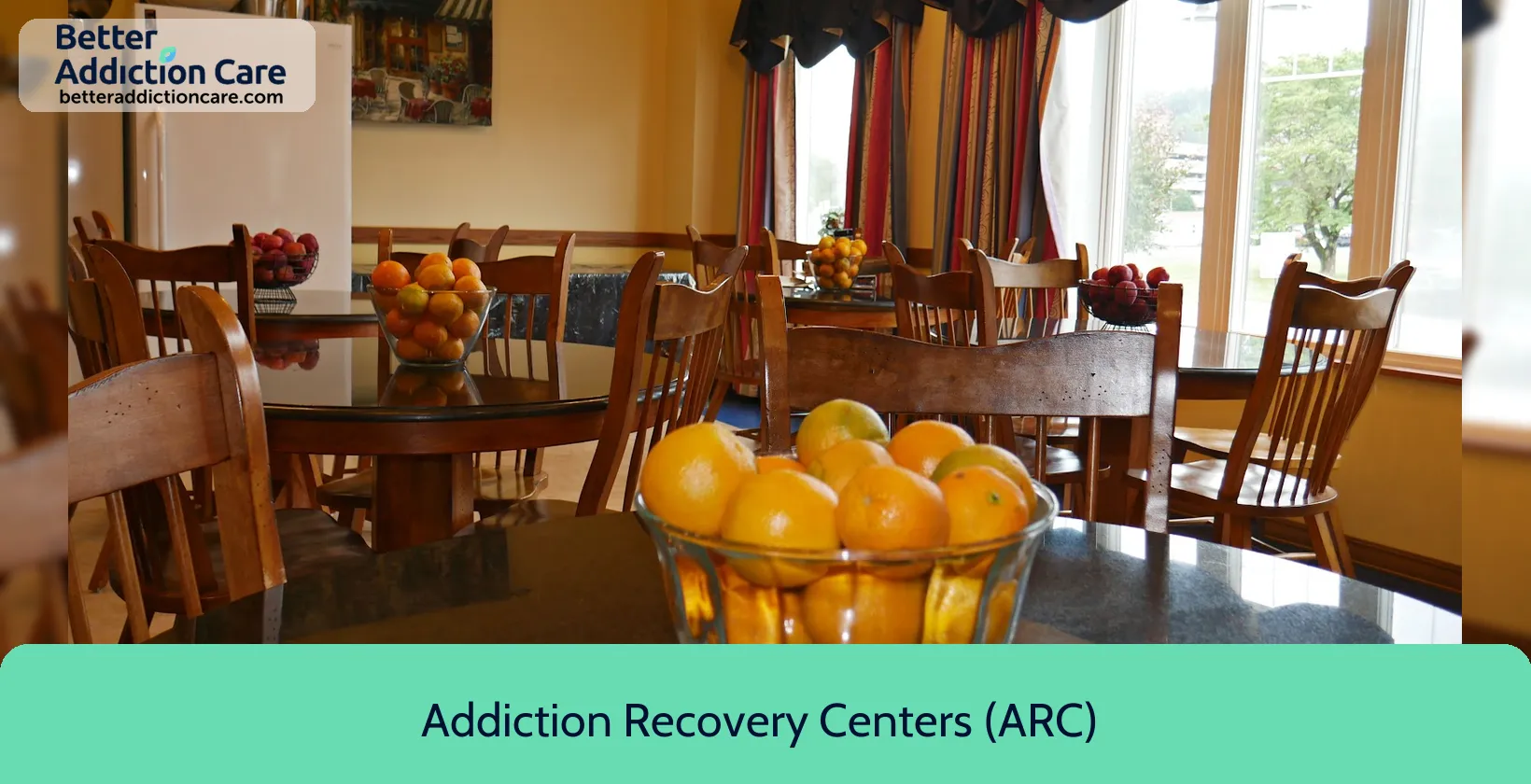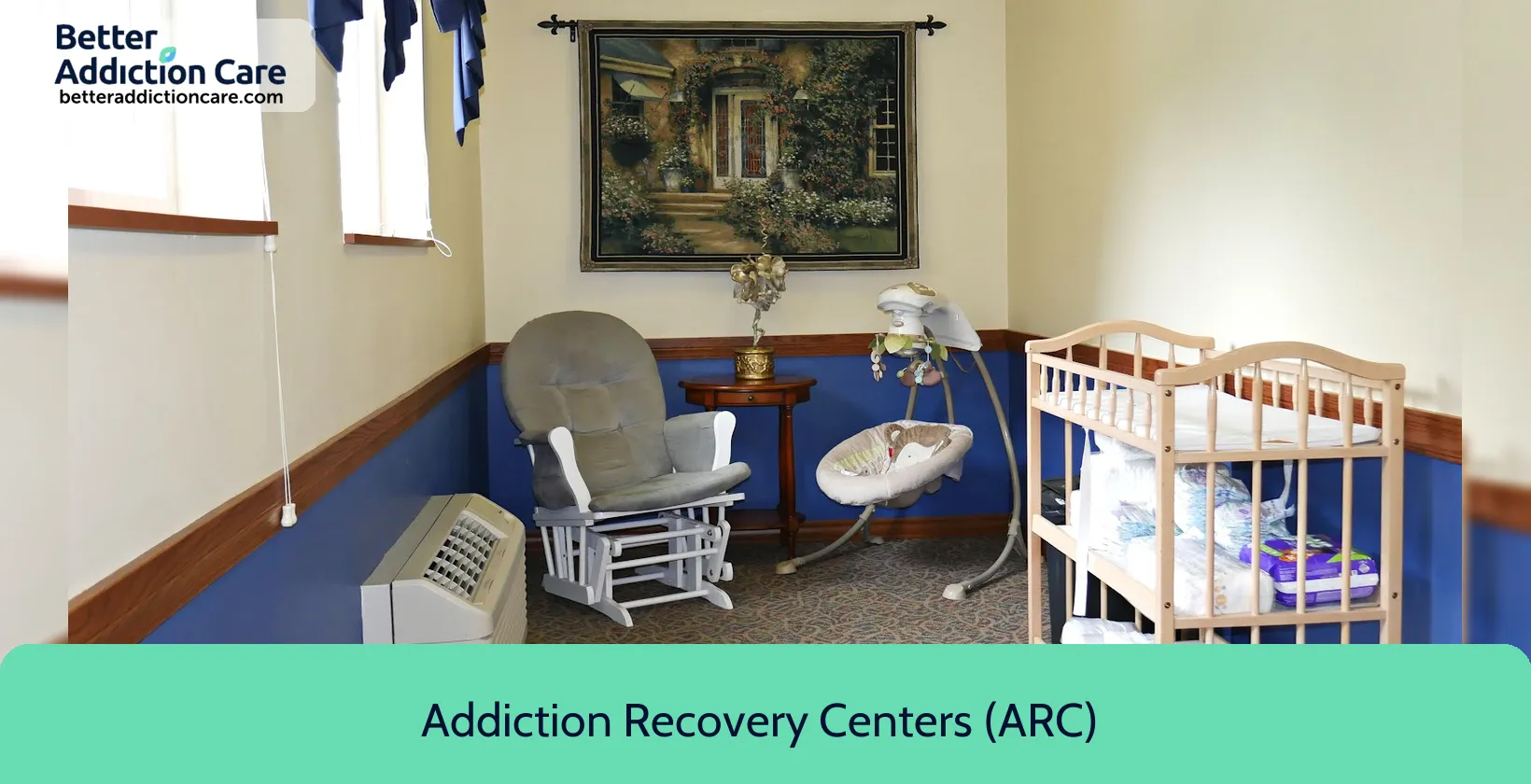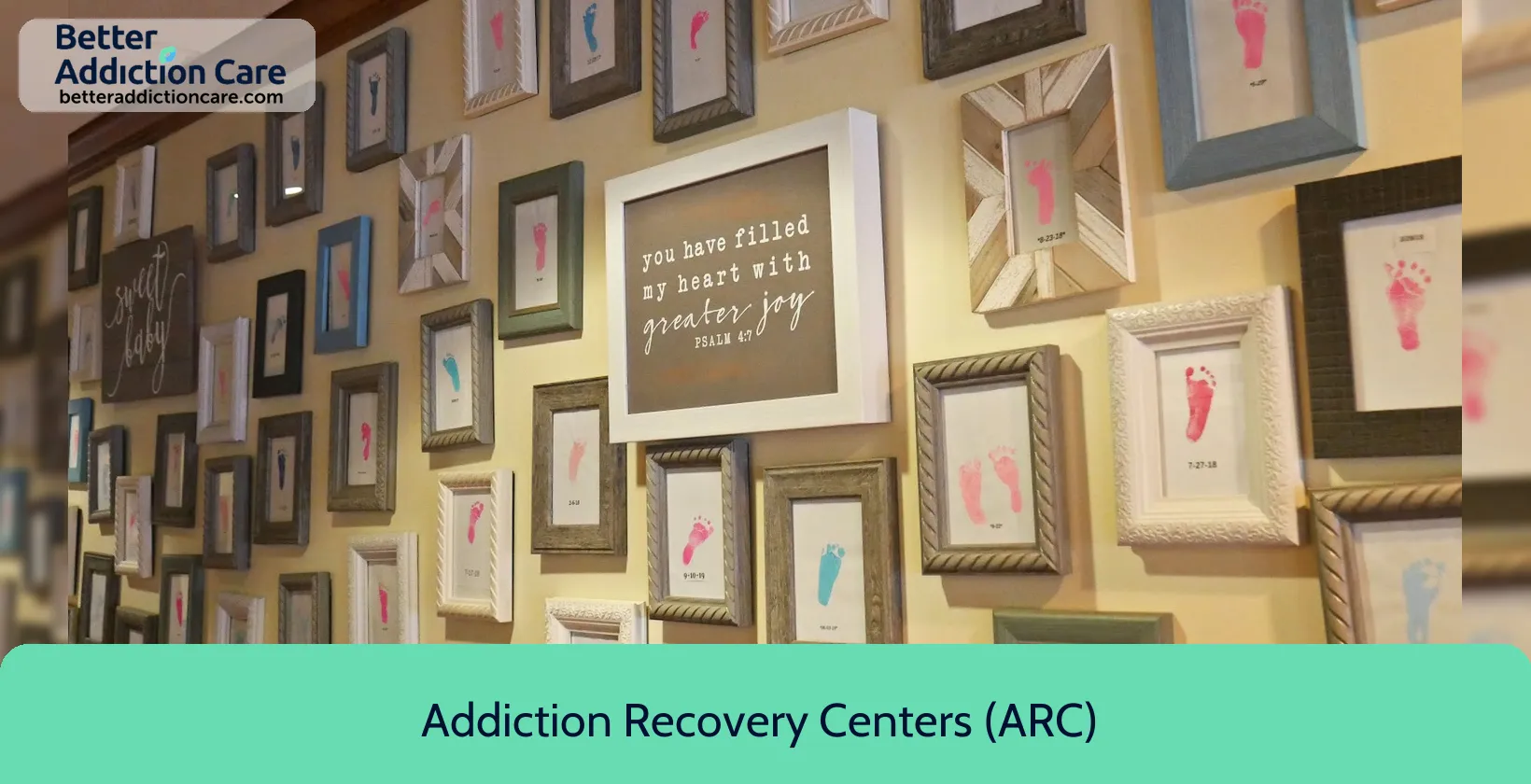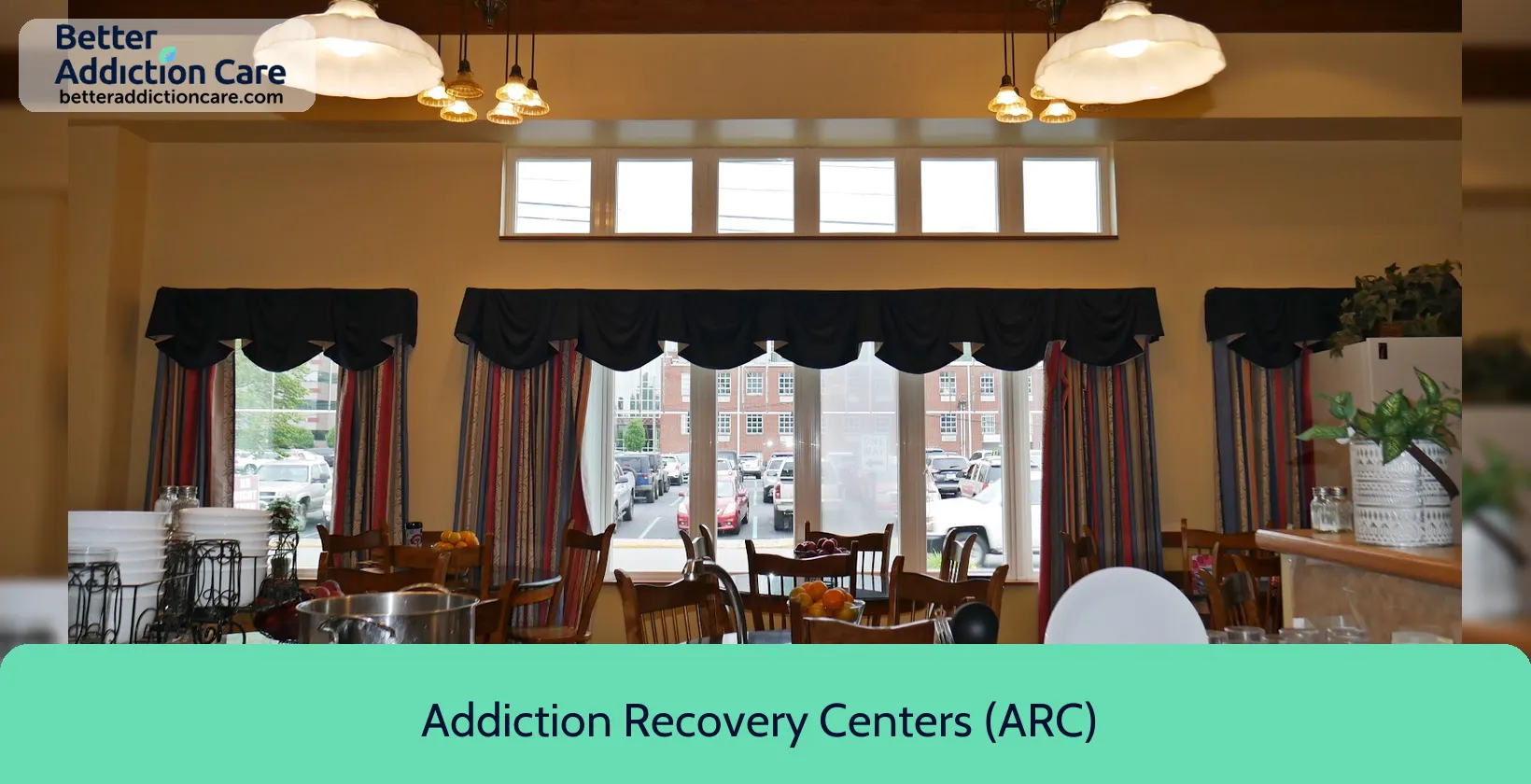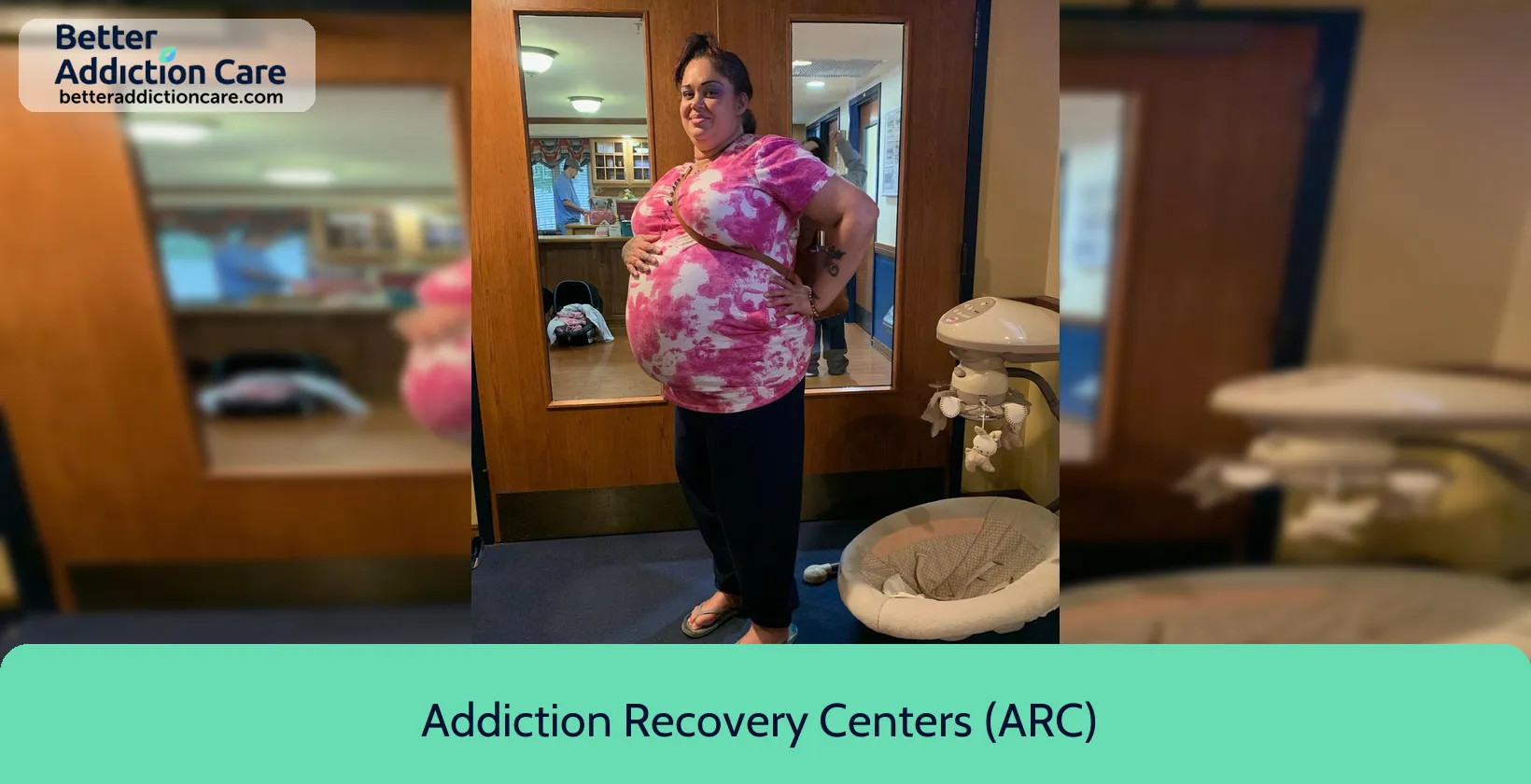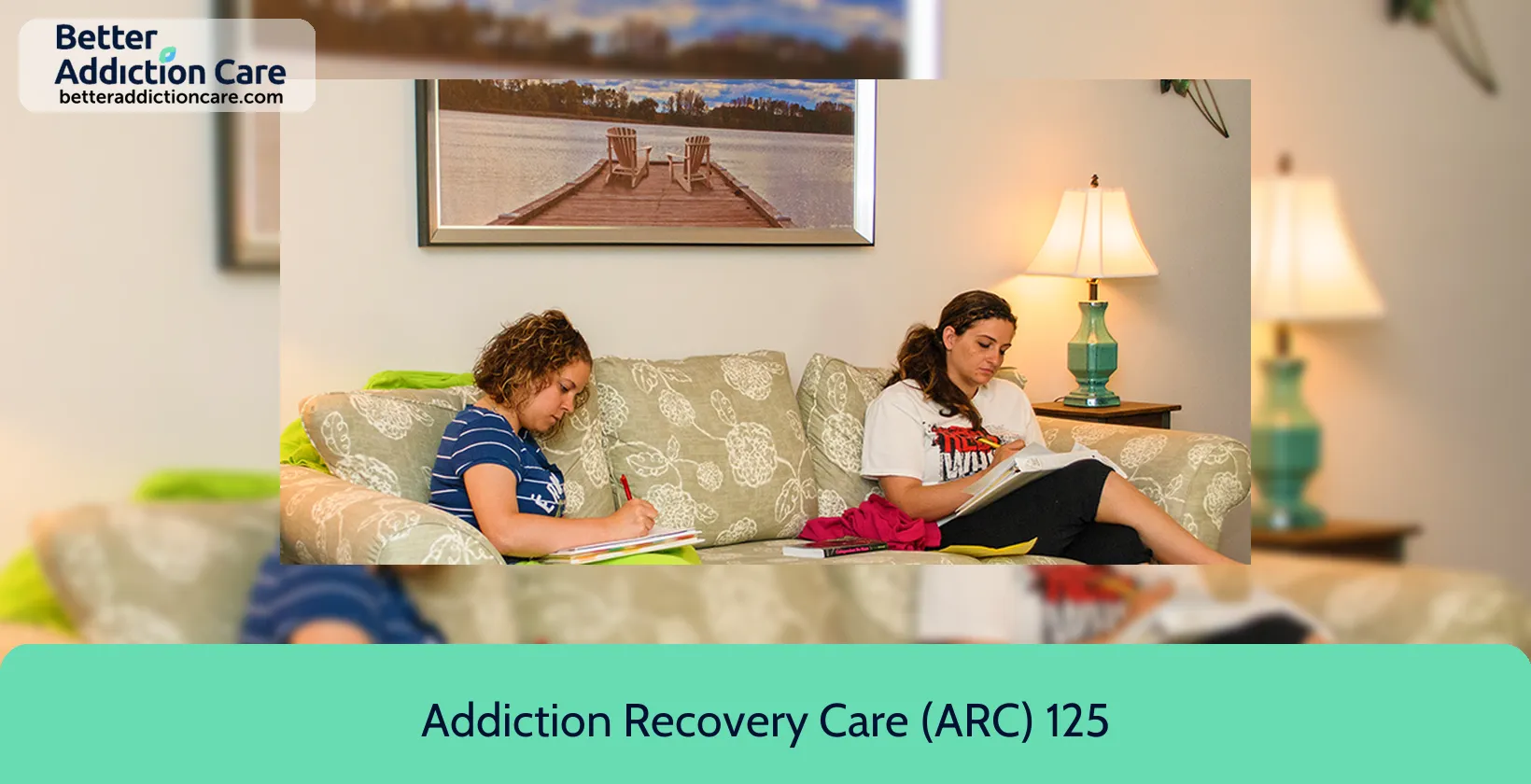Addiction Recovery Centers (ARC) - Karens Place Maternity Center
Overview
Addiction Recovery Centers (ARC) - Karens Place Maternity Center is an accredited substance abuse treatment center that provides inpatient and outpatient treatment for men and women between 18 and 65+ years of age. As part of their special programs, Addiction Recovery Centers (ARC) - Karens Place Maternity Center treats clients who have experienced trauma. To help patients achieve sobriety, Addiction Recovery Centers (ARC) - Karens Place Maternity Center provides intake assessments. Afterward, patients receive cognitive behavioral therapy, telemedicine/telehealth therapy, and substance use disorder counseling during treatment. Addiction Recovery Centers (ARC) - Karens Place Maternity Center is located in Ashland, Kentucky, providing treatment for people in Boyd County, accepting cash or self-payment, medicaid, and private health insurance.
Addiction Recovery Centers (ARC) - Karens Place Maternity Center at a Glance
Payment Options
- Cash or self-payment
- Medicaid
- Private health insurance
Assessments
- Comprehensive mental health assessment
- Comprehensive substance use assessment
- Outreach to persons in the community
- Screening for substance use
- Professional interventionist/educational consultant
Age Groups
- Young adults
- Adults
- Seniors
Ancillary Services
- Case management service
- Integrated primary care services
- Suicide prevention services
- Early intervention for HIV
- Mental health services
Highlights About Addiction Recovery Centers (ARC) - Karens Place Maternity Center
7.49/10
With an overall rating of 7.49/10, this facility has the following balanced range of services. Drug Rehab and Detox: 8.15/10, Alcohol Rehabilitation: 8.00/10, Treatment Options: 7.82/10, Insurance and Payments: 6.00/10.-
Drug Rehab and Detox 8.15
-
Alcohol Rehabilitation 8.00
-
Treatment Options 7.82
-
Insurance and Payments 6.00
Accreditations
Commission on Accreditation of Rehabilitation Facilities (CARF):

CARF accreditation is a prestigious recognition granted to rehabilitation and human service organizations. It signifies that an organization meets high-quality standards, having undergone a rigorous evaluation process. CARF accreditation boosts an organization's credibility and ensures top-notch care for individuals with disabilities, injuries, or healthcare needs.
Treatment At Addiction Recovery Centers (ARC) - Karens Place Maternity Center
Treatment Conditions
- Alcoholism
- Substance use treatment
Care Levels
- Hospital inpatient treatment
- Outpatient
- Short-term residential
- Long-term residential
- Outpatient methadone/buprenorphine or naltrexone treatment
Treatment Modalities
- Cognitive behavioral therapy
- Telemedicine/telehealth therapy
- Substance use disorder counseling
- Trauma-related counseling
- Smoking/vaping/tobacco cessation counseling
Ancillary Services
Additional Services
- Pharmacotherapies administered during treatment
- Mentoring/peer support
- Drug or alcohol urine screening
Special Programs
- Clients who have experienced trauma

Additional Locations
Get Help Now
Common Questions About Addiction Recovery Centers (ARC) - Karens Place Maternity Center
Contact Information
Other Facilities in Ashland

6.68

7.31

7.02

7.63
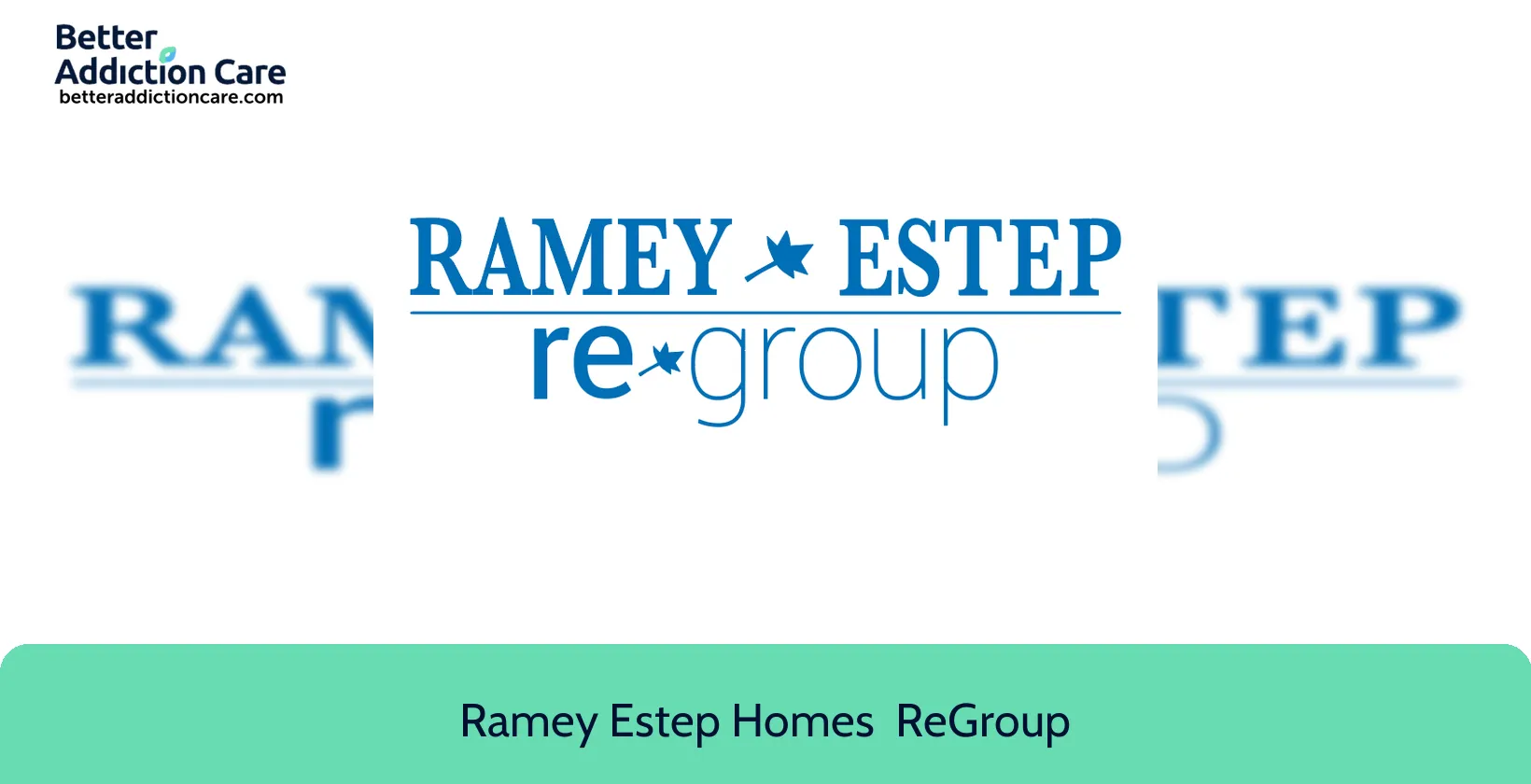
6.89
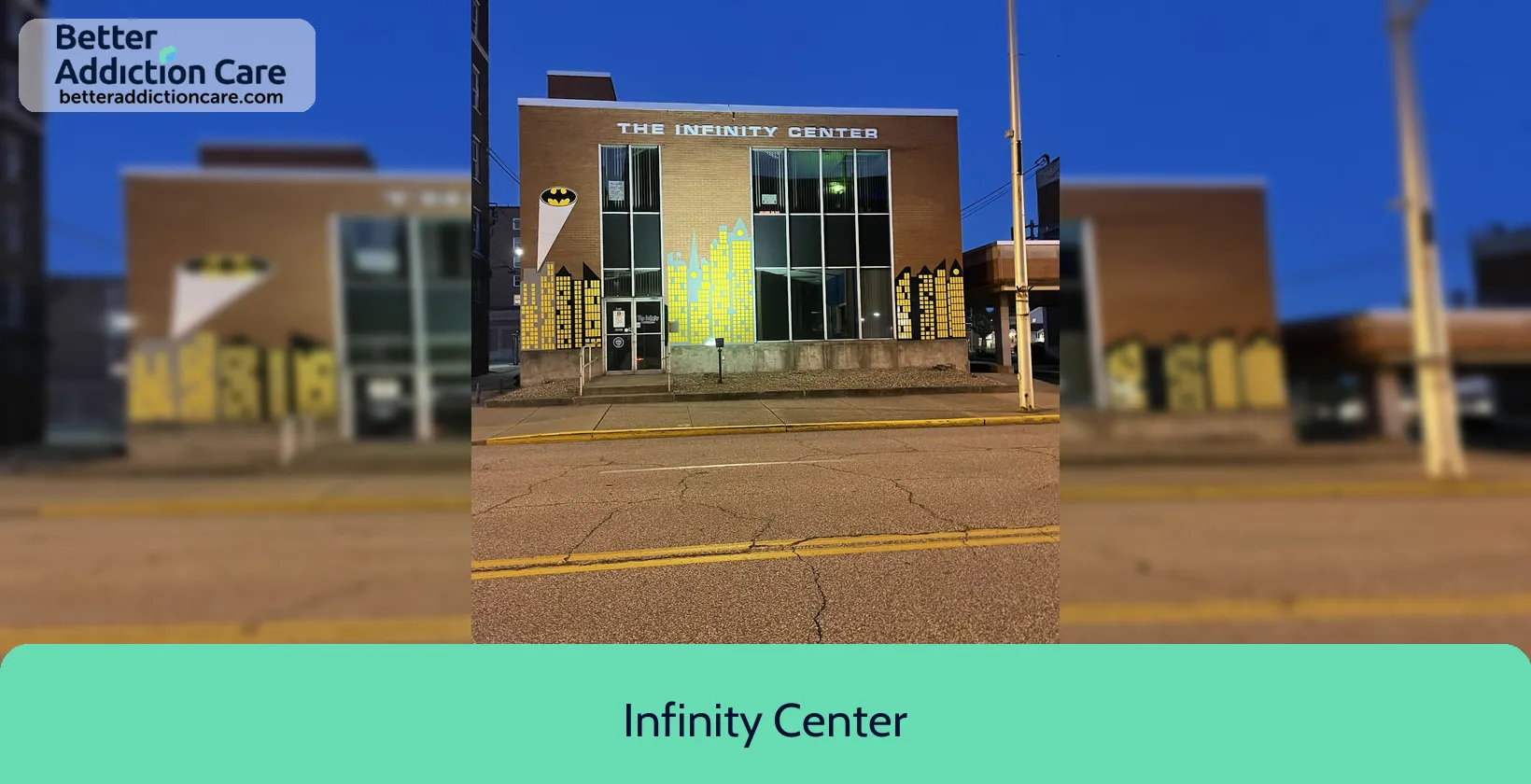
7.72
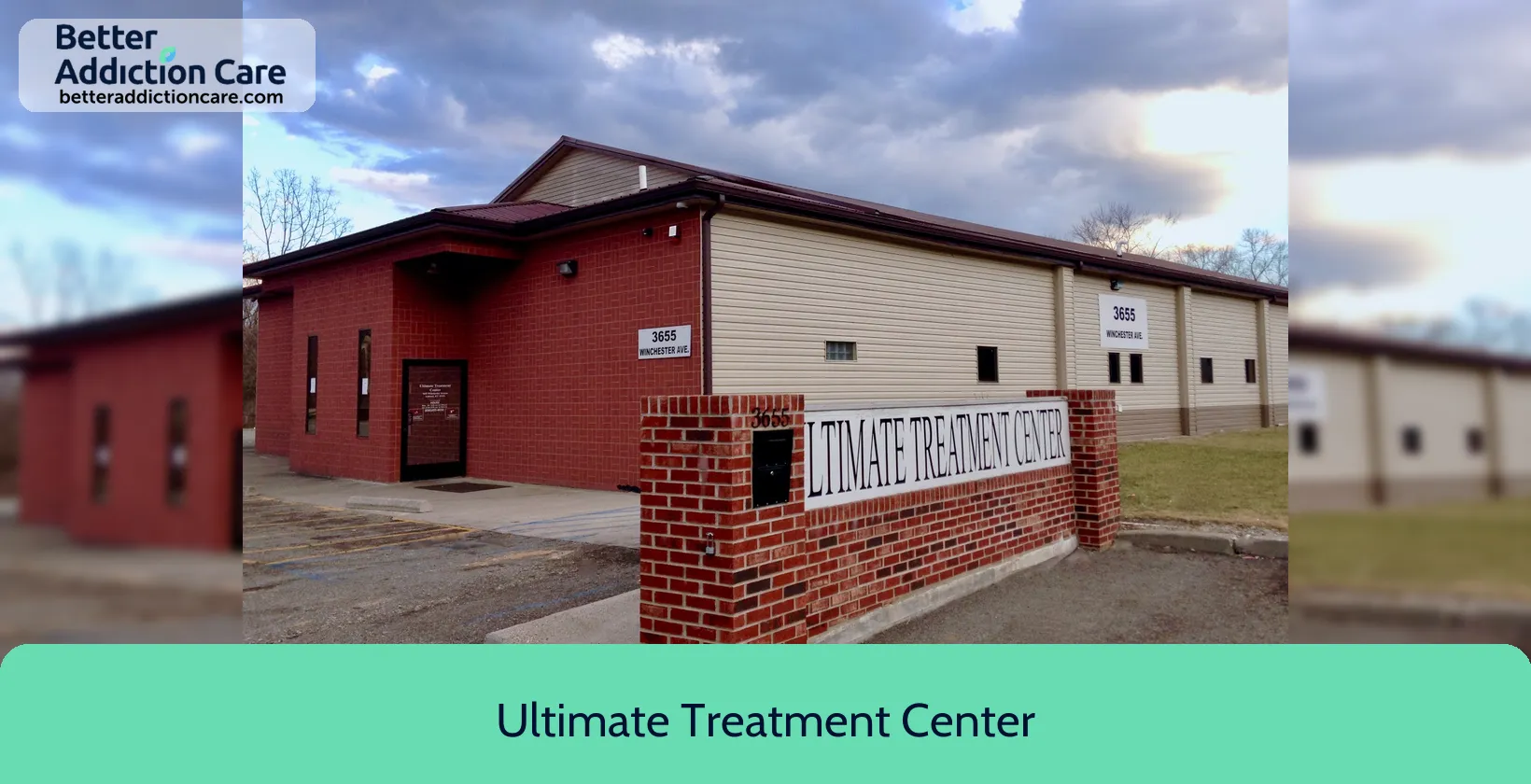
7.46
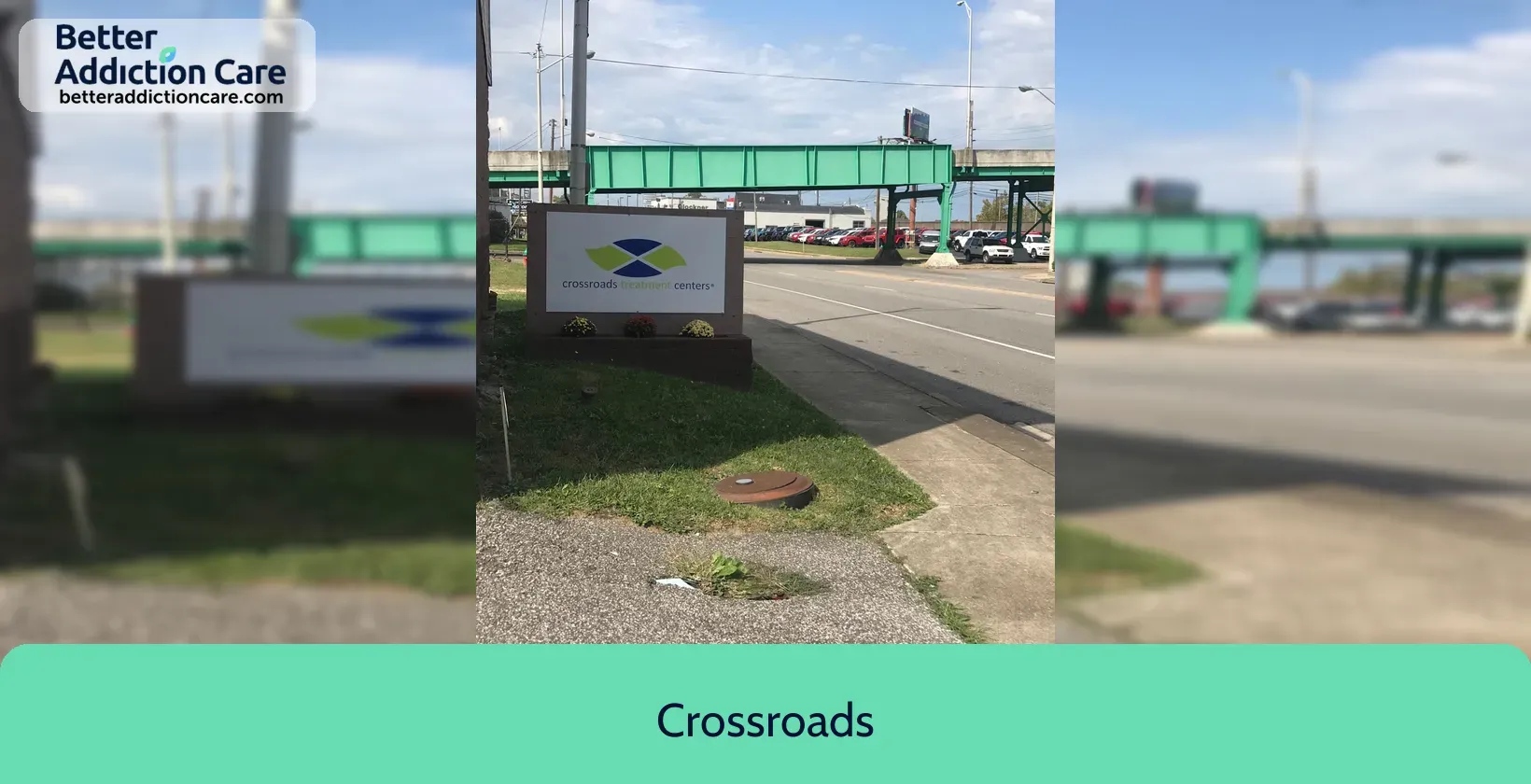
7.19
DISCLAIMER: The facility name, logo and brand are the property and registered trademarks of Crossroads, and are being used for identification and informational purposes only. Use of these names, logos and brands shall not imply endorsement. BetterAddictionCare.com is not affiliated with or sponsored by Crossroads.
